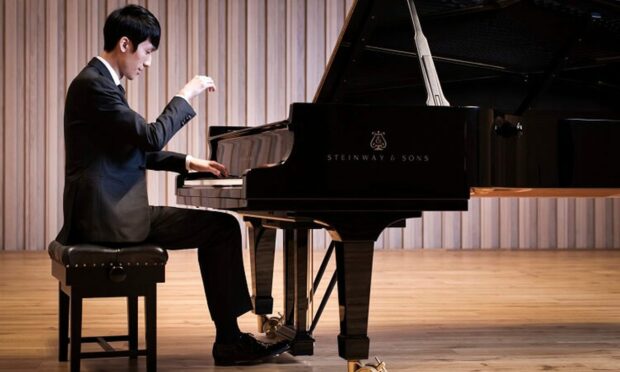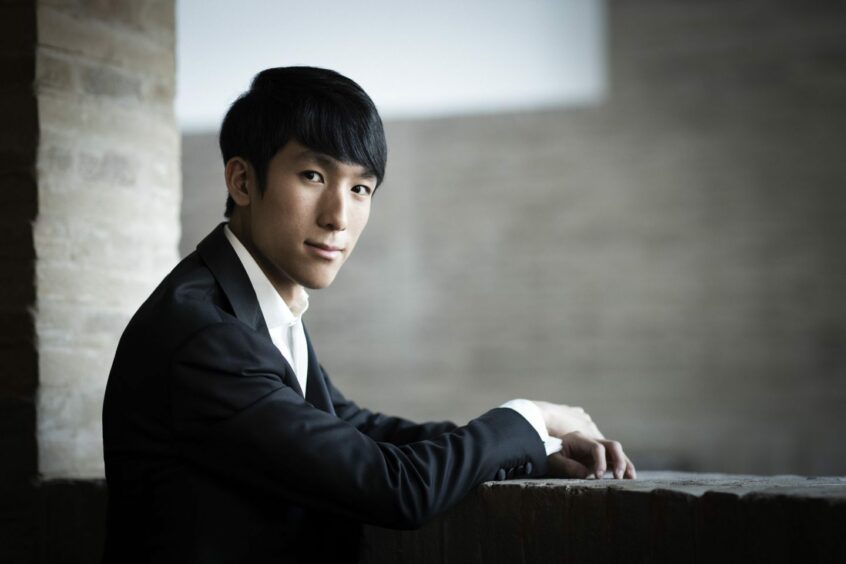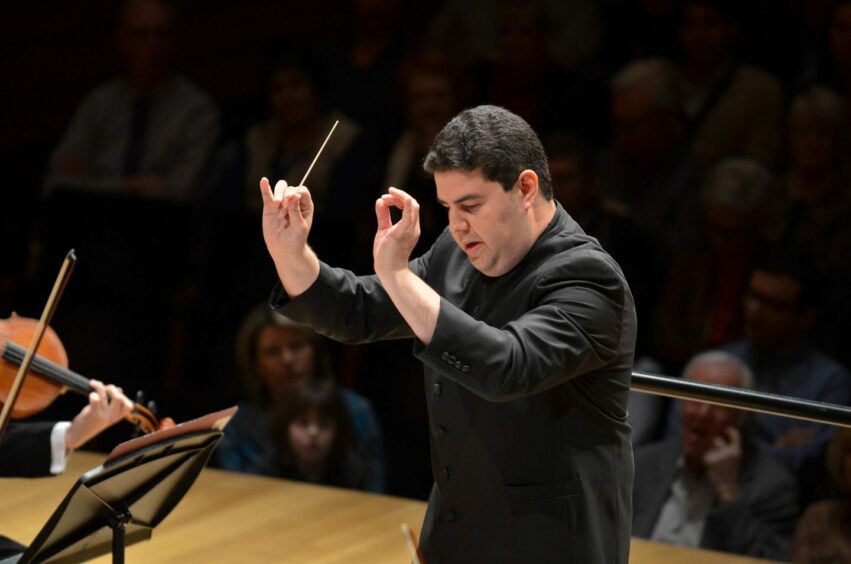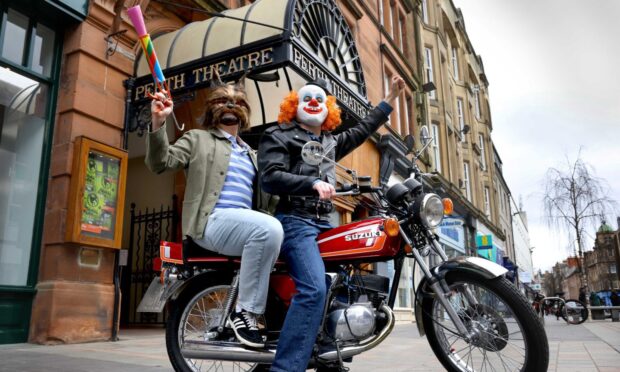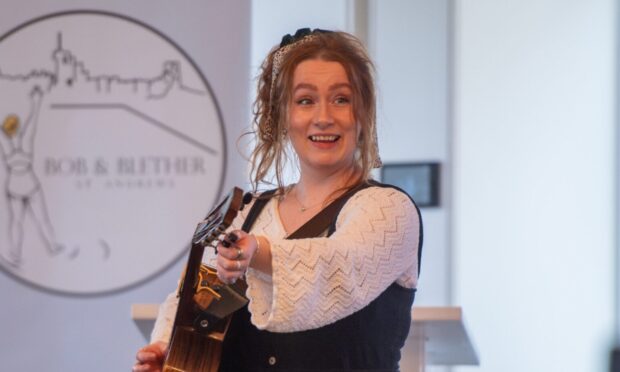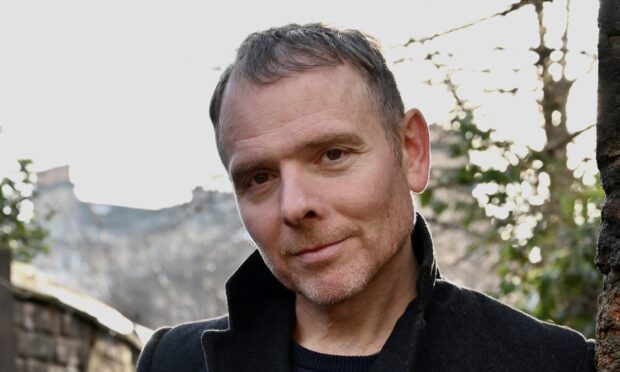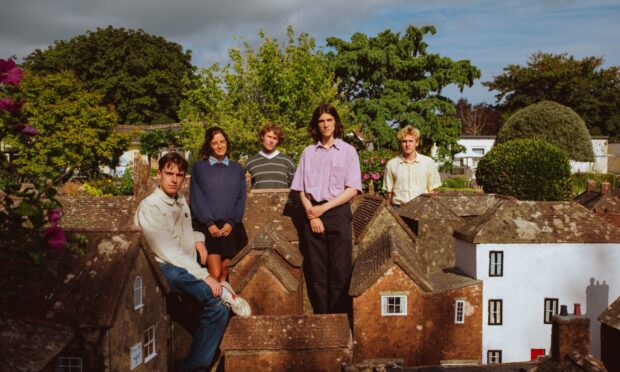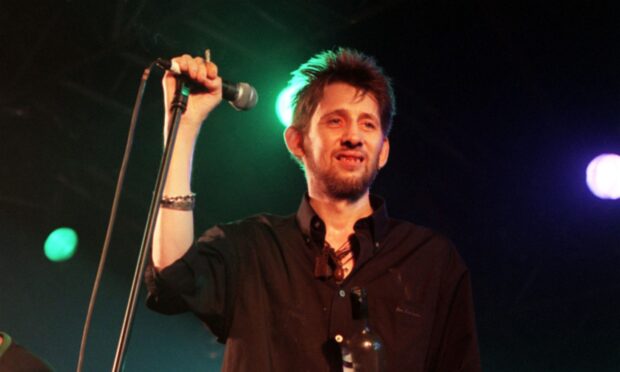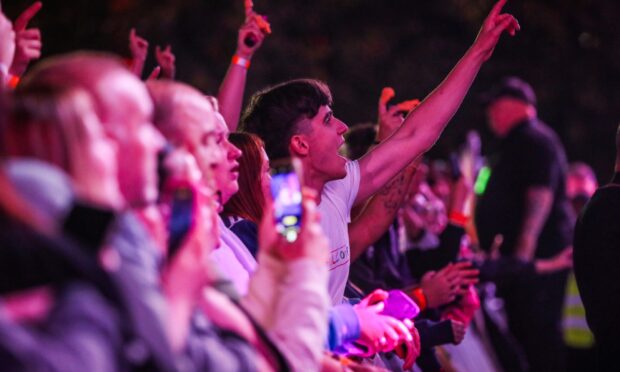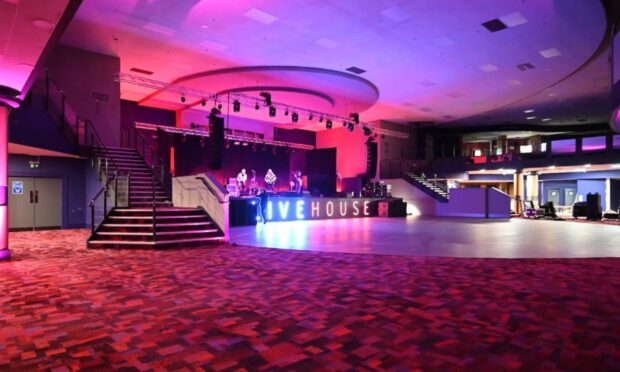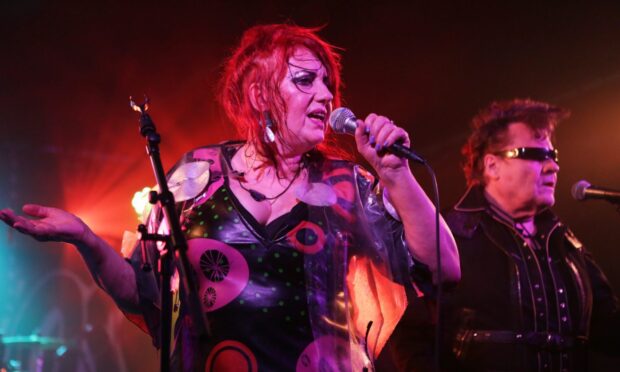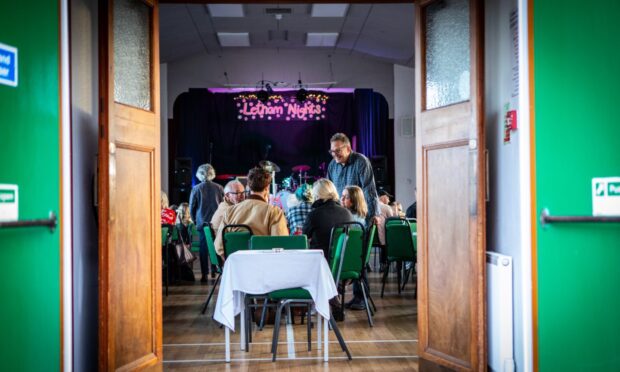I am sometimes guilty of giving contemporary music an unfair deal, but having heard some pretty awful stuff over the years, my opinions have quite often been justified.
However on Friday night in the Perth Concert Hall, with the BBC Scottish Symphony Orchestra, any misgivings were squashed after only a few bars of Anna Clyne’s This Midnight Hour (composed in 2015).
Mysterious and macabre
I immediately sensed this was a work that had enduring appeal. It was melodious, harmonious and had a wonderful combination of the mysterious and the macabre.
The programme notes called her music “approachable and imaginative”. That is spot on, in my opinion.
The images she conjures up made me think of Hallowe’en – quite fitting for this weekend – but there were no tricks here, only an undoubted treat.
Clyne showed a wonderful grasp of orchestration, a talent I would happily see replicated on several of her contemporaries. It was as good a start to any symphonic concert I’ve heard.
More melodies poured forth in the following work, Chopin’s first Piano Concerto.
I’d label this concerto simply “nice”, as it didn’t really set the pulses racing as many concerti can, and it lacked any soloist-orchestra interaction.
The night theme, conjured up magnificently by Anna Clyne, was maintained, but not by design.
The second movement was, quite simply, an elongated Nocturne – a genre made famous by Chopin – with muted orchestral accompaniment.
The wow factor
Soloist Eric Lu, an eleventh-hour stand-in, seemed a little intimidated by the occasion to start off, but he threw off any shackles in the final Rondo and displayed amazing skill and technique, amidst a flurry of scales and semiquavers, that bordered on the wow factor. It was certainly a case of a stand-in standing out.
I needed a short in the arm in the concert’s second half, and boy did I get it! Many symphonies can claim concerto connotations due to the solos they percolate through the full orchestral sound.
However, Bartok takes it a few steps forward and really puts the cat amongst the pigeons. His Concerto for Orchestra needs little further explanation.
No department of the orchestra is left unscathed as dynamism and virtuosic skill are insisted on all sides, from percussion to piccolo and from double bass to clarinet.
The individual sections shone on a more unified level, woodwinds one moment, brass the next with the BBC SSO strings collectively excellent throughout.
The result, a mind-blowing exhibition of orchestral expertise that was pulsating, exciting, a not-knowing-where-to-look-next orchestral palette at its most potent.
Letting the music do the talking
To see a world-class symphony orchestra with all the stops pulled out and with everyone at the top of his or her game is one of music’s undoubted pleasures.
Such a work can sometimes lead to an extrovert on the podium, but conductor Tito Munoz, another relatively late replacement, did he what all good conductors do.
He let the music do the talking, and with a mouthpiece like the BBC SSO it came over in magnificent fashion.
Total orchestral brilliance? That’s beyond a doubt, but I dare anyone to find a suitable superlative that nails this magnificent performance on the head. Like me, you’ll probably be found wanting.
